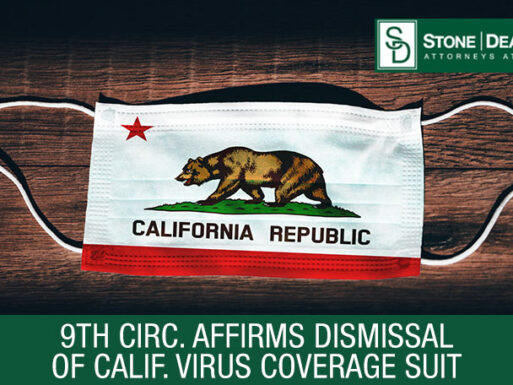Some of you may have recently heard news reports regarding former New York Yankees and Los Angeles Dodgers Ted Lilly’s legal woes. Lilly has been charged with felony insurance fraud arising from a false claim he allegedly submitted for property damage to a recreational vehicle. The RV was damaged in a collision and Lilly got a repair estimate from a body shop, for approximately $4,600. Five days later, Lilly bought insurance for the RV, through Progressive. Four days after buying the insurance, and nine days after the estimate, Lilly claimed the damage under his Progressive policy.
As a result of the false claim, felony charges were filed against Lilly. The charges include filing a false insurance claim, filing a false statement in connection with an insurance claim and concealing a material fact in connection with an insurance claim. If convicted, Lilly may face as much as five years in jail, all for a $4,600 property damage claim.
We do not suggest anyone reading this would ever consider making a false claim, but sometimes we have a desperate friend with a “scheme” to make some extra money. Typically, the argument is, “it is just an insurance company”, and “nobody gets hurt.” Lilly was caught because there are databases used by body shops. Damage estimates become a part of the databases, which insurers can access. When a claim is filed, a carrier investigates the claims history of the insured and the insured, damaged property. When a discrepancy of this type appears, the insured is suddenly facing criminal prosecution.
Although this ended badly for Lilly, it is good news for insureds that are sometimes faced with false or exaggerated claims. You may bump a car in a parking lot, leave a note and suddenly face a major damage claim for pre-existing damage you did not cause. If the claim is fraudulent, there is a good chance it will be discovered. So, the Lilly allegations are a cautionary tale to those who would do wrong, but a comfort to those insureds who may be victimized.




